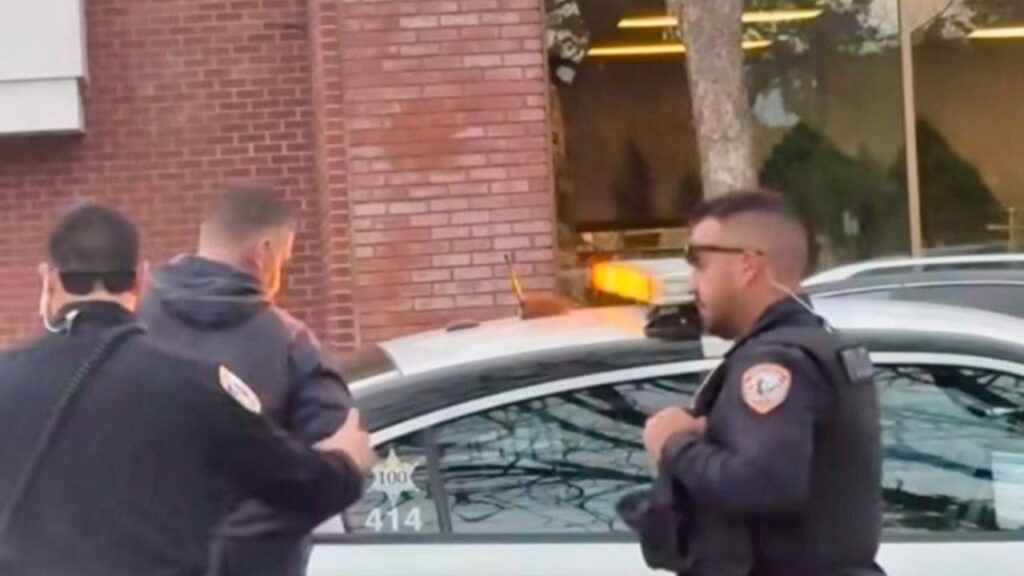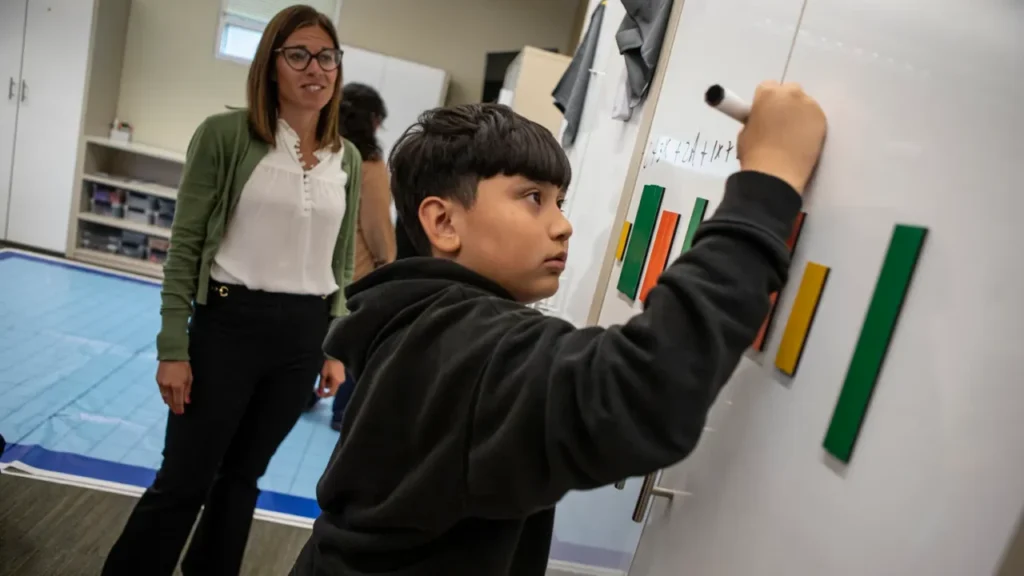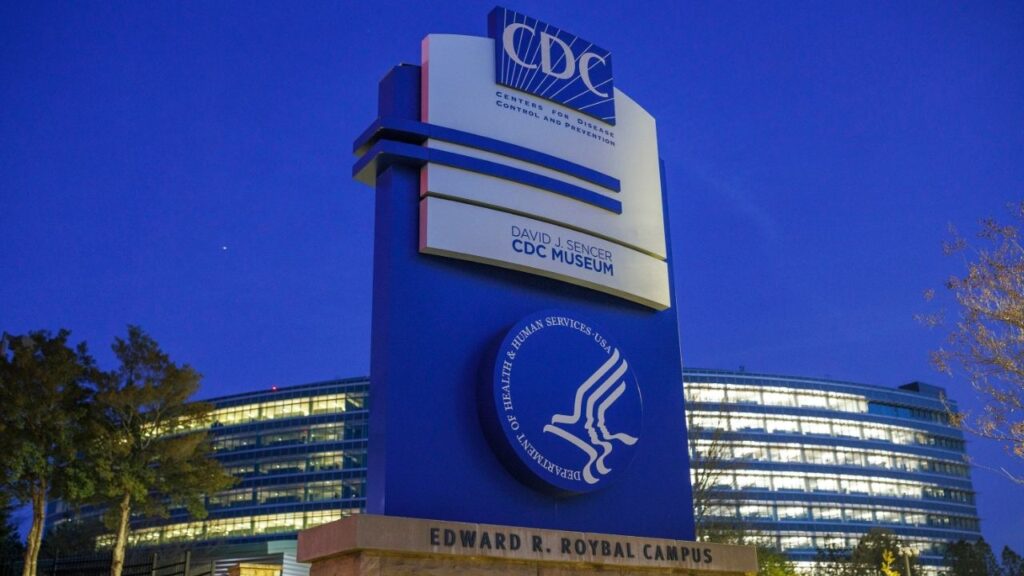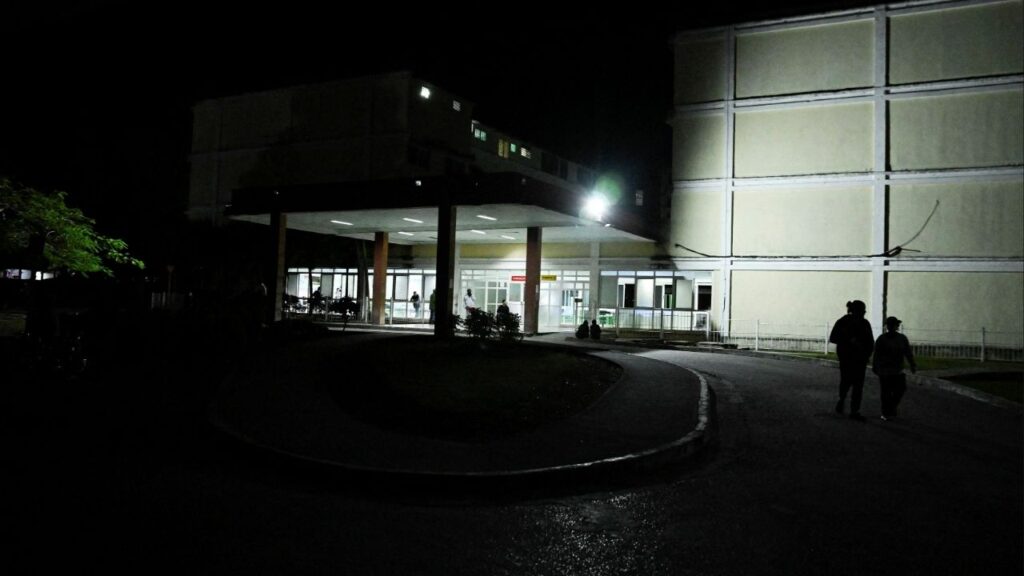Share
But what exactly is the FISA court? And how does it work?
1. When Was the FISA Court Established?
Congress passed FISA, or the Foreign Intelligence Surveillance Act in 1978. FISA was originally introduced by Democratic Sen. Ted Kennedy. The act was largely a response to President Richard Nixon’s misuse of federal resources to investigate U.S. citizens.
Its purpose was to provide oversight for foreign intelligence surveillance activities. These might include tracing telephone and email use, conducting physical searches or accessing business records. FISA lays out guidelines and procedures for these activities.
FISA applies only to “foreign powers” and “agents of foreign powers.” Basically, this means that FISA is used to gather information about people who work for the governments of other countries. Investigators are typically not allowed to target U.S. citizens under FISA. In fact, if information about a U.S. citizen is accidentally discovered, the law requires those records to be destroyed.
But there are some notable exceptions.
One is when the discovered information shows that there is a threat of death or serious harm to another person. Another is that officials can wiretap U.S. citizens while they are overseas. Importantly, FISA warrants can also be requested to monitor U.S. citizens believed to be acting on behalf of a foreign power.
As part of FISA, Congress established the Foreign Intelligence Surveillance Court, or FISA court.
The FISA court is a U.S. federal court whose purpose is to review and rule on search warrant requests made under FISA. Each year, the FISA court is required to provide a report to Congress of its activities. These reports include the number of requests made under FISA, but not the content of those requests. That content is not a matter of public record.
2. How Is FISA Court Different From Other Courts?
FISA court is not like a typical criminal court.
First, Department of Justice officials seeking a warrant do not need to show evidence that a crime has occurred or is about to happen. That sort of evidence, also known as probable cause, would be needed to obtain a typical search warrant in criminal court. Instead, officials only need to provide evidence that the target of surveillance is a foreign power or agent of a foreign power.
Second, investigators can conduct surveillance for up to a year without a court order if authorized by the president. For this to occur, the U.S. Attorney General has to certify to the court that there is minimal risk that the investigation will turn up information about U.S. citizens. The U.S. Attorney General must also certify to the court that the target of the investigation is a foreign power or an agent of a foreign power. These requirements parallel what Department of Justice officials would need to demonstrate in FISA court in order to obtain a FISA court warrant.
Third, the FISA court is closed to the public. Unlike a criminal court, there is no jury and the government is the only party present. In other words, FISA court proceedings do not involve prosecutors and defense attorneys arguing on behalf of clients. The FISA court is simply hearing the requests of officials seeking search warrants. This is very similar to what happens when local law enforcement officials seek a search warrant.
However, FISA court records are not open to the public. In rare cases, some records have been released with redacted information. The U.S. president also has the authority to declassify information at his discretion. This is different from normal police investigations, where search warrants generally become public record unless sealed by a judge.
While many state criminal court judges are elected, FISA court judges are appointed by the chief justice of the U.S. Supreme Court, currently Justice John Roberts.
The 11 FISA judges are selected from across the U.S. federal circuits. These judges may serve for a maximum of seven years. Since not all judges are required at any one time, FISA court judges perform their duties on a rotating basis. They don’t serve full time on the FISA court.
One similarity to a typical criminal court is that an appeals process is available. If a FISA court judge denies a search request, that judge must explain the reasons for the denial. Then, a panel of three federal judges appointed by the chief justice reviews the search request. This panel is called the Foreign Intelligence Surveillance Court of Review. If the request is again denied, the U.S. Supreme Court has the authority to review the decision. There is no option for appeal by the person being investigated because he or she is unaware of the surveillance.
3. How Many Cases Does the FISA Court Handle?
In 2016, the FISA court reviewed 1,485 requests for surveillance. While higher than the number of requests reviewed in 2014 (1,379) and 2015 (1,457), the number of requests has remained at 1,200 or higher since 2001.
It is rare for these requests to be denied. Of the requests made in 2016, only 34 were rejected. In most years, no requests were denied.
Since the proceedings of the court are secret, it is unclear why these denials occurred or why so few cases were denied.
![]() It is also unclear how the current controversy over the Nunes memo will affect FISA operations in the future, if at all.
It is also unclear how the current controversy over the Nunes memo will affect FISA operations in the future, if at all.
Lacey Wallace, Assistant Professor of Criminal Justice, Pennsylvania State University
This article was originally published on The Conversation. Read the original article.
Categories

Ilhan Omar Condemns Arrest of State of the Union Guest



















